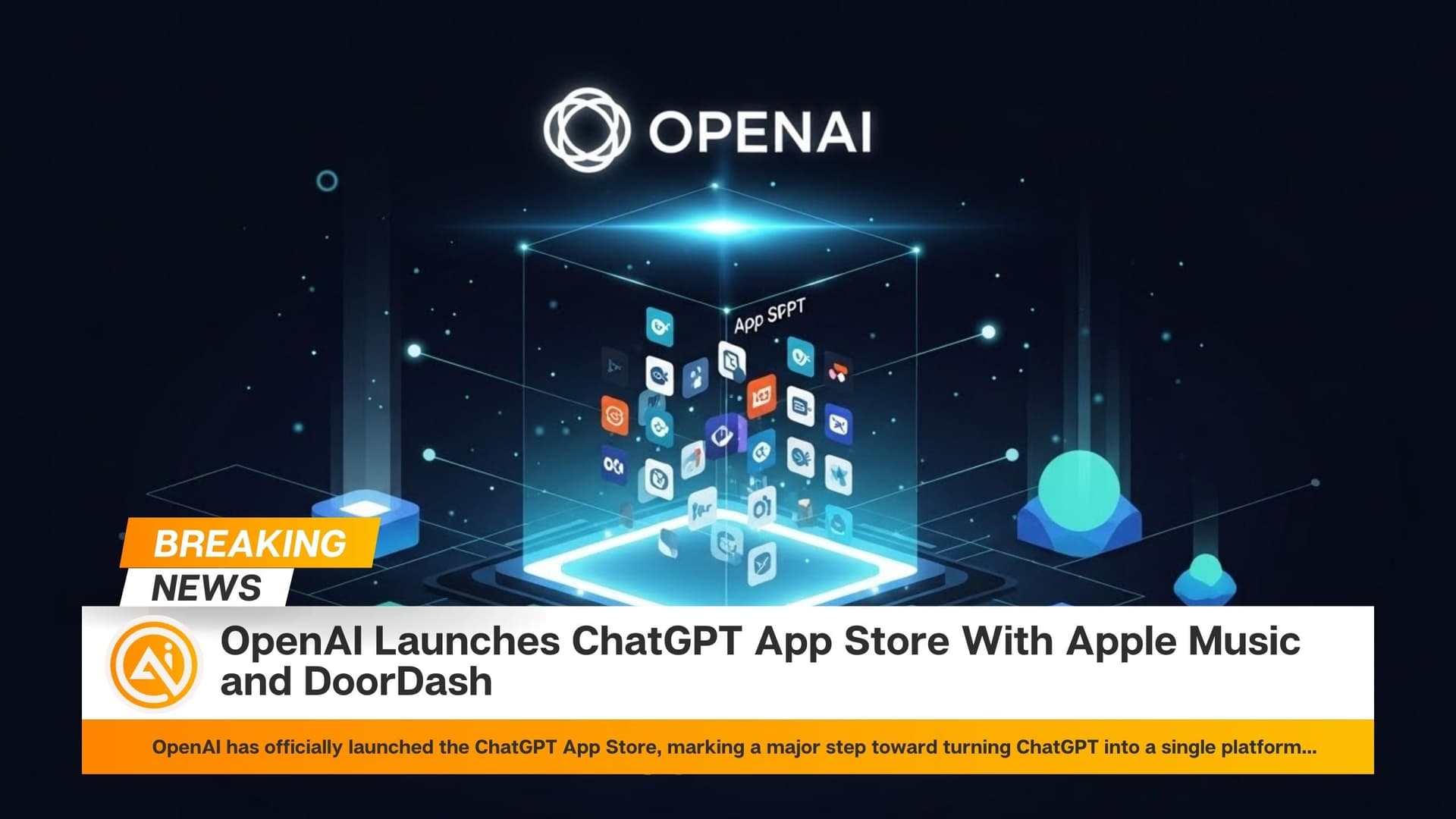Microsoft has introduced Dragon Copilot, an AI-powered assistant designed to support healthcare professionals by automating documentation and reducing administrative tasks. Developed using technology from Nuance, a voice AI company Microsoft acquired in 2021, the system offers features like real-time voice dictation and ambient listening to capture clinical conversations and generate notes. It also enables multilingual note creation, automates tasks such as referral letters and visit summaries, and provides medical information from trusted sources.
The primary goal of Dragon Copilot is to relieve healthcare workers from the time-consuming burden of documentation, allowing them to focus more on patient care. According to Microsoft, early users of Nuance’s technology have reported reduced burnout, and 93 percent of patients have experienced improved overall interactions with their doctors. The AI tool enhances efficiency by summarizing clinical evidence, processing conversational orders, and supporting compliance through built-in safeguards.
Microsoft is not the only company developing AI solutions for the healthcare sector. Google is also expanding its medical AI offerings, with healthcare firms using its AI models to assess patient risks and enhance clinical workflows. As AI integration in healthcare grows, regulatory bodies such as the FDA are evaluating both its benefits and risks, particularly concerns about AI-generated errors. Some studies have highlighted the potential for inaccuracies in medical transcription tools powered by AI, raising questions about reliability.
Microsoft emphasizes its commitment to responsible AI, stating that Dragon Copilot operates within a secure data environment and follows strict healthcare compliance standards. By integrating AI-powered documentation tools, the company aims to improve efficiency and reduce the strain on clinicians while ensuring accuracy and security in medical recordkeeping.
